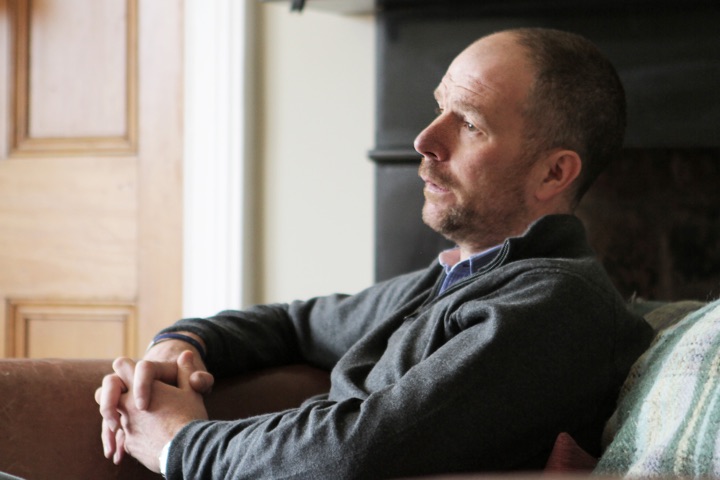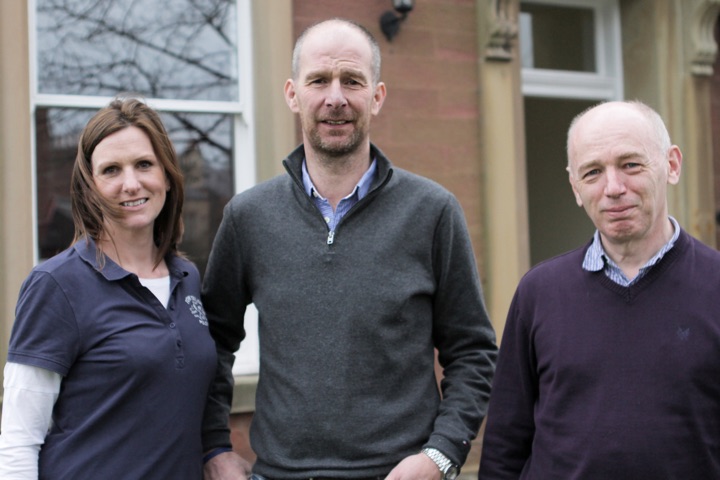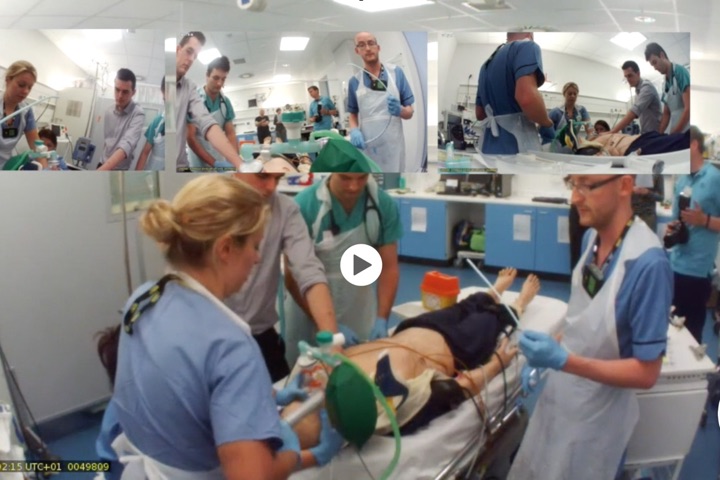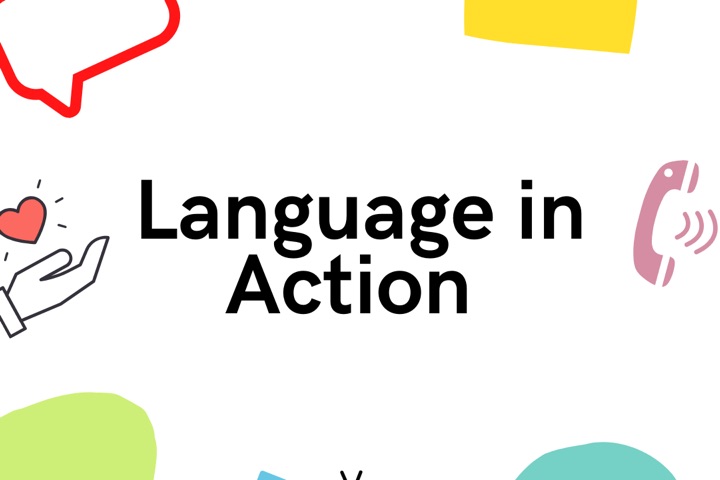Mar
26
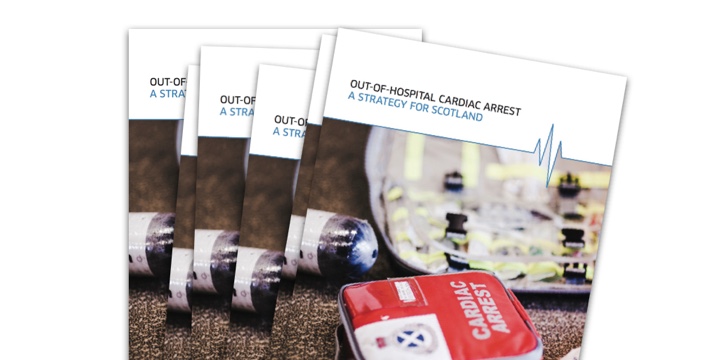
26 Mar 2015
RRG are proud to have collaborated with a wide range of stakeholders including Scottish Government, NHS, Emergency Services and Third Sector organisations to craft a national strategy to tackle the challenge of OHCA in Scotland. This document signals a real, joined up commitment to saving lives!
The Ministerial launch of the strategy will be at the Scottish Cardiac Arrest Symposium 2015 on 27th March.
Copies of the OHCA Strategy for Scotland are downloadable from here: http://www.gov.scot/Publications/2015/03/7484
Mar
19
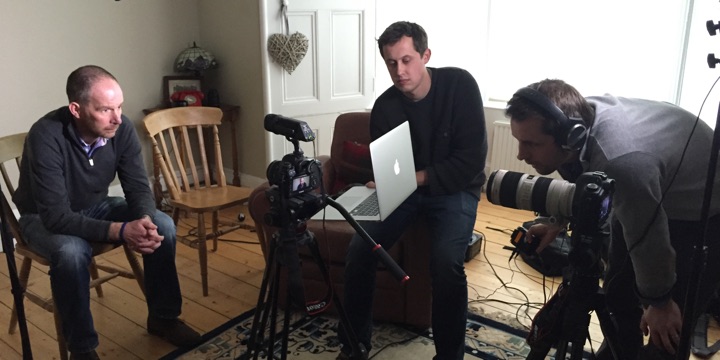
19 Mar 2015
Gregor and Judy have an amazing story to tell – and they want to share it.
The story of how Gregor was resuscitated after a sudden collapse illustrates the successful operation of the chain of survival in a rural area. Early recognition that Gregor’s heart had stopped, a call for help and bystander CPR with coaching from the Ambulance Control Centre (ACC) bought time until further help arrived. This part of rural Scotland can be difficult to reach quickly with an emergency ambulance and ACC were able to summon the help of a community first responder to deploy a defibrillator while the paramedic crew were on their way.
The Chain of Survival worked perfectly for Gregor – how do we ensure that his experience is the norm?
#SCAS15 – How do we build a system to save lives?
Feb
13
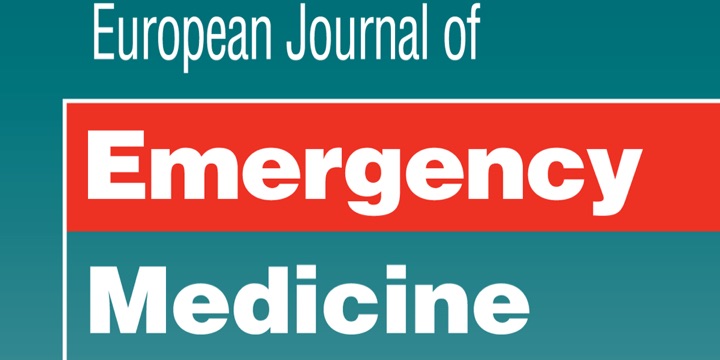
13 Feb 2015
The PUCA team have published the first results of our study looking at the feasibility and utility of paramedic ultrasound scanning during OHCA. An article in this edition of the European Journal of Emergency Medicine shows our finding that paramedic can be successfully taught to obtain good views using a focussed ultrasound technique, and that these skills and associated technical knowledge are retained over time.
Booth KL, Reed MJ, Brady S, Cranfield KR, Kishen R, Letham K, et al. Training paramedics in focussed echo in life support. European Journal of Emergency Medicine 2015.
Jan
19
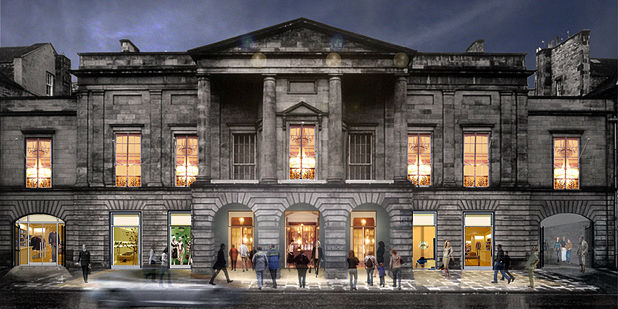
19 Jan 2015
How do we build a system that saves lives? This is the theme for the Scottish Cardiac Arrest Symposium 2015 at the Assembly Rooms in Edinburgh on March 27th.
To examine this theme we have invited speakers from around the globe who have demonstrated excellence in optimising the Chain of Survival, responding to the challenges of resuscitating OHCA and changing the systems that get in the way. (more…)
Nov
24

24 Nov 2014
The Sandpiper Trust funded project to implement a regional strategy for improving outcomes after OHCA is on it’s way.
Welcome to the RRG News area where we'll keep you up to date with what's happening and the work we're doing.
If you would like to know more or require any press information please contact us.
14 Mar 2024
Scottish Government and St John Scotland have confirmed funding to enable the PADmap web portal
27 Nov 2023
RRG presented at the 15th EMERGE day conference
09 Oct 2023
SCAS is series of events where we be highlight the change in culture and clinical outcomes after out-of-hospital cardiac arrest across Scotland following the launch of Scotland’s Strategy for OHCA. SCAS23 ‘Getting our SHIFT together’ was staged at the Hilton Doubletree at Edinburgh Airport on October 6th. It was a highly informative and entertaining day […]
12 Jan 2023
Diane Lac has completed a survey of individuals, groups and organisations involved in PAD installation.
02 Dec 2022
The Resuscitation Research Group at Emerge14
15 Nov 2022
The latest OHCA data has been published, here is a summary of the main findings
>
More news
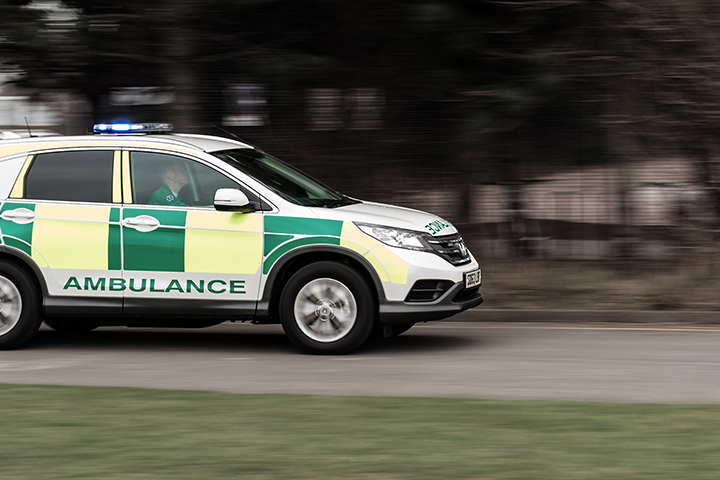
A squad of 12 paramedics from the Scottish Ambulance Service make up 3RU.
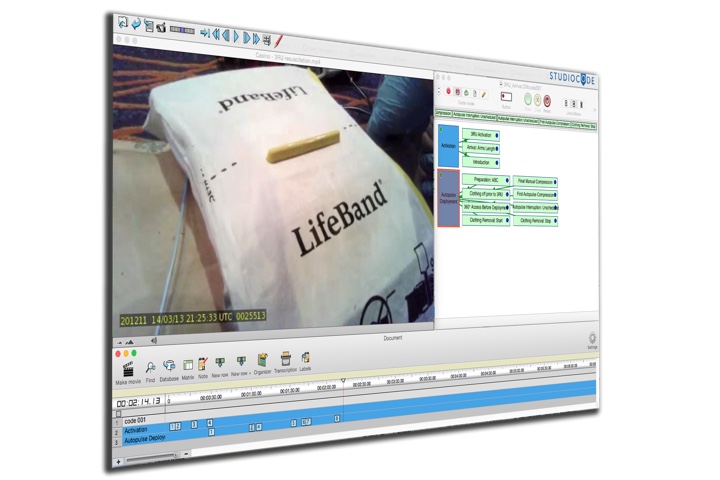
A project to investigate the association between non-technical skills performance and technical performance during OHCA resuscitation



